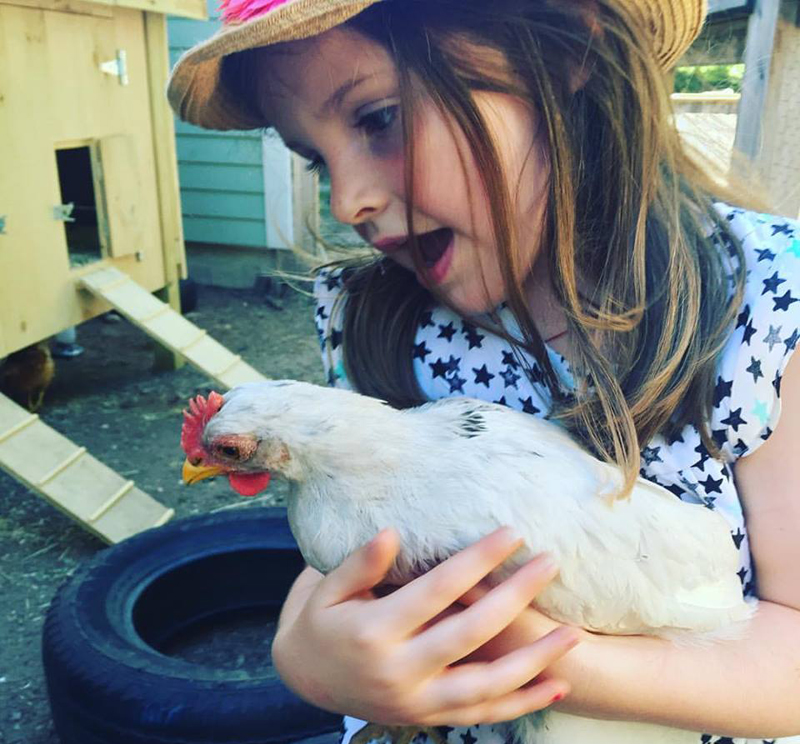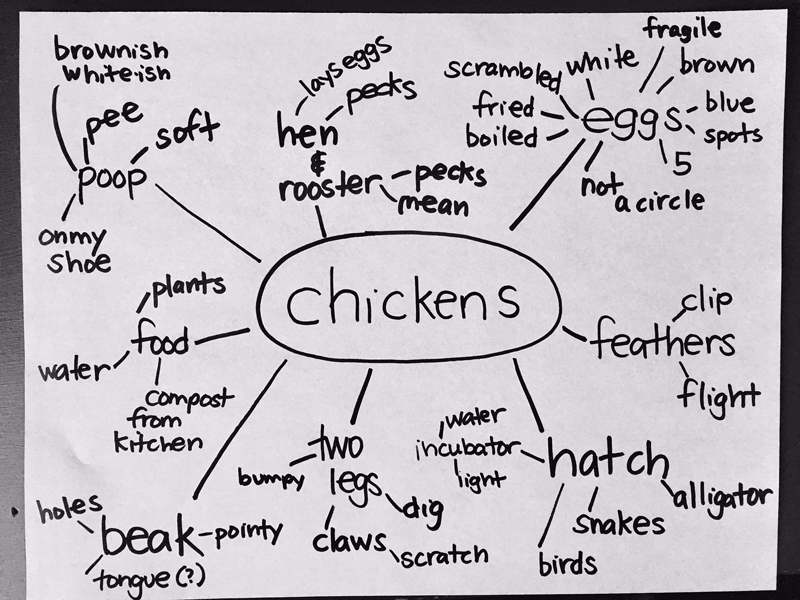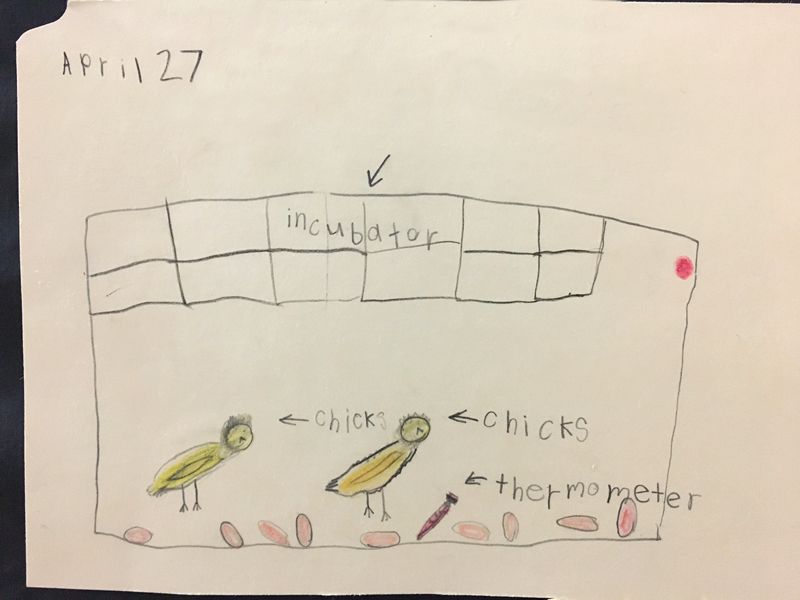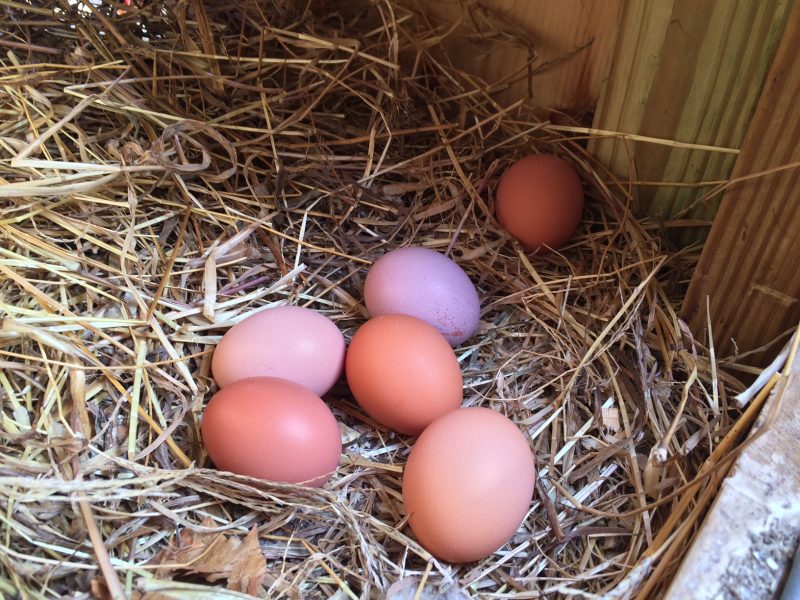The Reggio Emilia approach to learning
The Reggio Emilia approach to learning was developed by a teacher, Loris Malaguzzi, and other parents of the Northern Italian town known by that name in a period of reconstruction after World War II. Wanting to restore a sense of communal belonging and invest in future generations, Malaguzzi and company sought to develop an educational philosophy and practice that treated young children as active and capable contributors to society. We at Alphabet Academy & The Nest champion and continue this forward-thinking model.
Reggio Emilia recognizes the inherent dignity of early learners by being attuned to the “hundred languages” through which children express themselves, including conversation, storytelling, music, art, dance, dramatic play, and group construction.
Through serious attention to these many modes of expression, our educators help each child find their voice by teasing out and exploring their ideas and interests in an emergent curriculum, one that encourages making connections, struggling with questions, and building relationships through communal exploration.
Emergent Curriculum
Early learners digest, assimilate, and incorporate knowledge more easily and independently when they are genuinely interested in a particular subject or activity. In our classrooms, significant space and time is sanctioned for free exploration so that educators can observe where the class should be heading next. Our teachers act as co-investigators in the learning process by listening to the children’s insights and interactions and structuring that week’s curriculum accordingly.
First, teachers document the children’s interests – art projects are saved, conversations are recorded, pictures are taken, and objects chosen during free play are analyzed. This allows them to look back over their development and recognize patterns, trends, and connections that emerge over time. It then presents opportunities for teachers to ask provoking questions, research topics, or gather materials to introduce into the curriculum according to the children’s curiosities.
The curriculum emerges organically, thereby encouraging a sense of wonder in the learning process and allowing the children to develop their imaginative capacities.
As the children become self-conscious of their educational journeys, they mature into independent researchers willing to take risks and explore for themselves.
The documentation allows parents to see their child’s unfolding interests and to pursue and celebrate similar questions and activities at home, which make their way back into the classroom in new and exciting ways.



